Spain Eases Strict Lockdown As US Approves Virus Drug
Spaniards took to the streets to jog, cycle and rollerskate for the first time after 48 days of confinement on Saturday as some European nations cautiously eased virus lockdowns and Russia faced a large spike in new infections.
As governments across the globe weigh how to lift restrictions to restart economies against the risk of new infections, US authorities brought some hope by approving an experimental drug for emergency use on coronavirus patients.
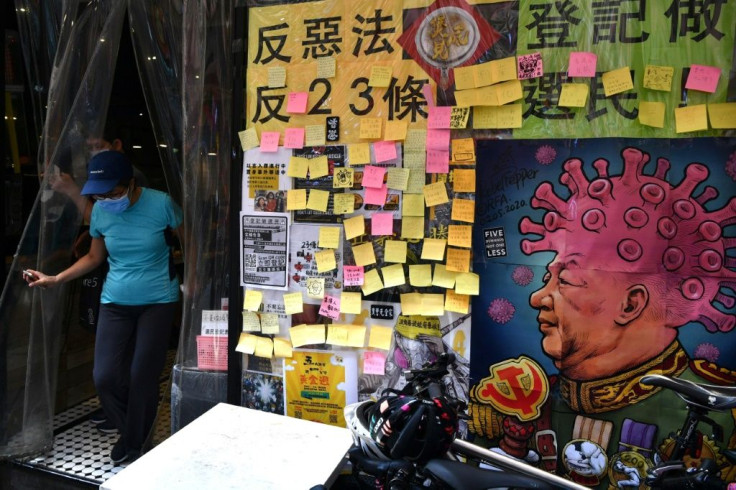
The decision was the latest step in a global push to find treatments and a vaccine for the coronavirus, which has left half of humanity under some form of lockdown and pushed the world economy towards its worst downturn since the Great Depression in the 1930s.
The virus has killed nearly 239,000 people worldwide and caused more than 3.3 million confirmed infections since it emerged in China late last year.
With signs the pandemic in their hardest-hit nations is slowing, European countries and some parts of the US have begun to lift restrictions to try to inject life into economies crippled by weeks of closure.
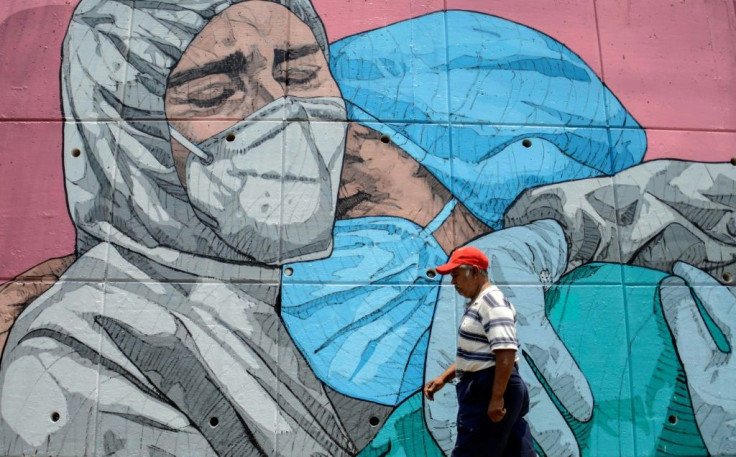
From Madrid to Mallorca, Spaniards flocked to the streets as they were allowed to exercise and walk freely outside as the government eased seven weeks of strict lockdown in a country with one of the highest number of fatalities at nearly 25,000.
"After so many weeks in confinement, I badly wanted to go out, run, see the world," said financial advisor Marcos Abeytua in Madrid's Chueca district who got up a 7am to enjoy some time outside. "Yesterday, I was like a child on Christmas Eve."
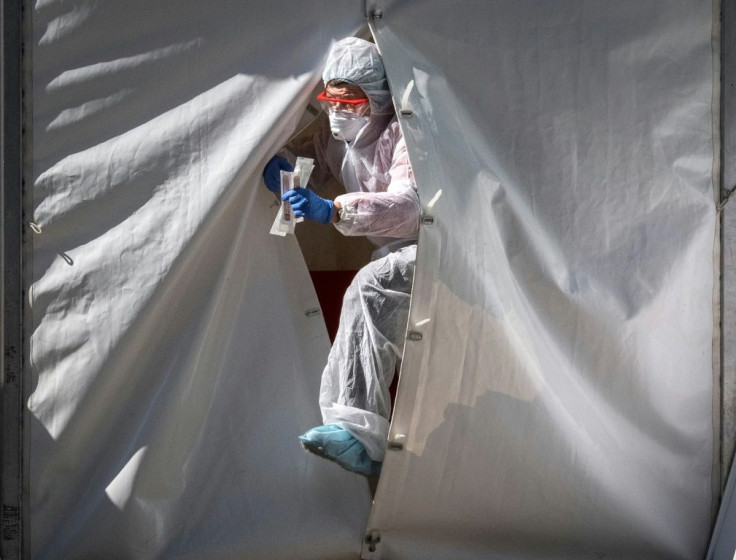
Near the city's Retiro park, many residents were out to running, sometimes in groups, as a policeman used a loudspeaker to urge them to keep out of the deserted avenue and on the pavement.
Crowds of runners mingled with cyclists and skateboarders enjoying sports in the sun in Barcelona's seaside neighbourhood.
"This all seems a bit crazy to me. On the first day we get some freedom I don't see any safe distancing at all," said Christian, an Italian living in Barcelona. "I didn't expect to see thousands of people running like this."
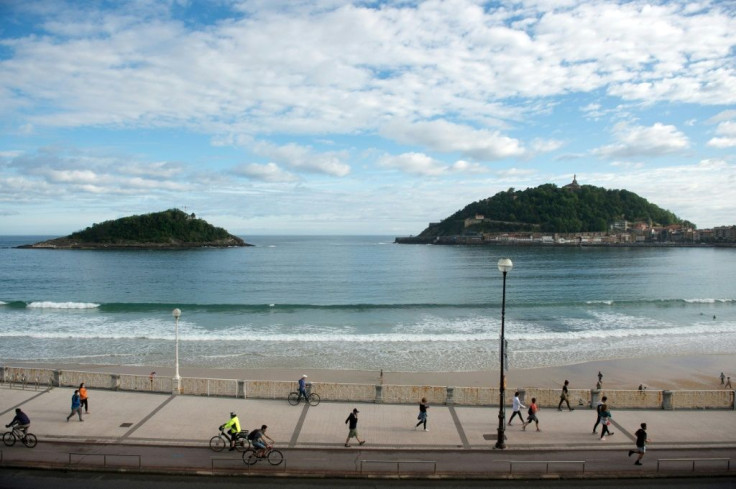
Spanish Prime Minister Pedro Sanchez however said masks would be obligatory on public transport from Monday, and children and elderly will still face some time restrictions on when they can go outside.
Spain, Germany, Austria and Scandinavian nations are all gradually easing lockdowns as the virus cases slow though they will keep in place social distancing measures, the use of masks and testing to try to track infections.
France, which will lift parts of its lockdown on May 11, on Saturday decided to extend a health emergency by two months until late July.
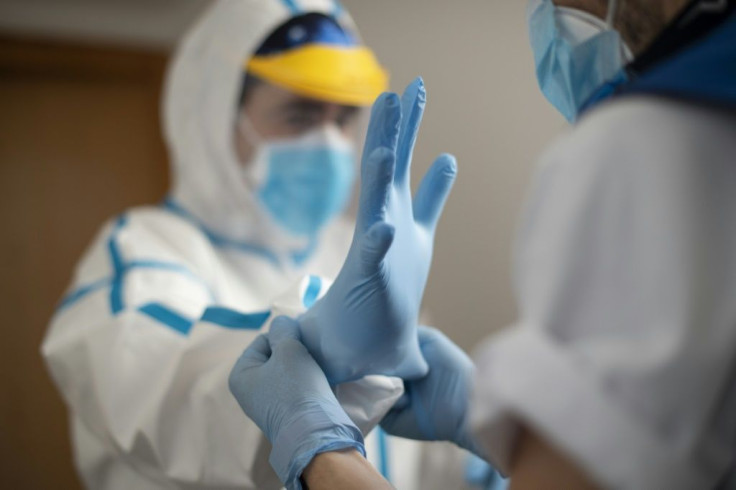
After a two-month shutdown, Italians on Monday will be allowed to stroll in parks and visit relatives. Restaurants can open for takeout and wholesale stores can resume business.
"We must maintain social distancing, maximum hygiene levels, and masks. We've done our bit to the best of our ability. From Monday, it's up to you," emergency response official Domenico Arcuri said at a press conference.
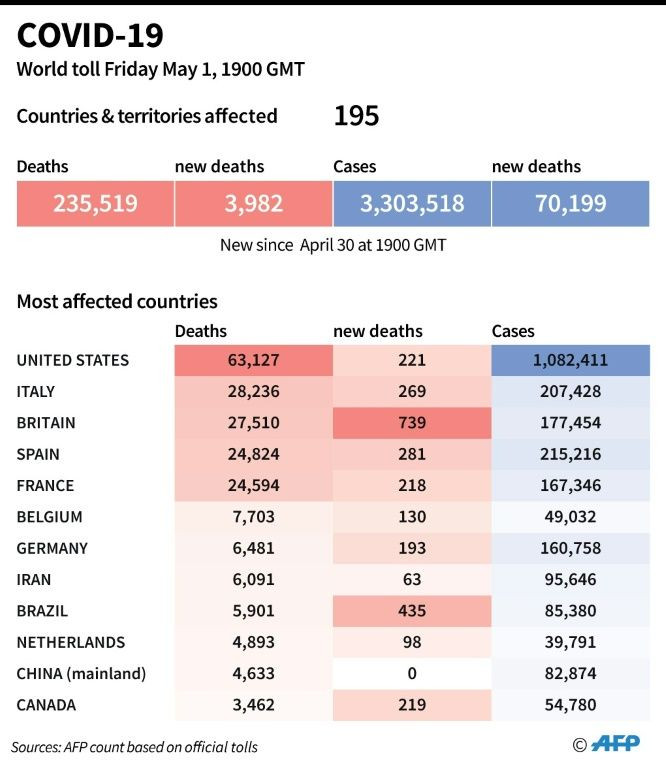
"I implore you, do not lower your guards."
In Russia, though, authorities reported the largest increase in coronavirus cases with the new infections rising by nearly 10,000 in a single day.
In Moscow, the epicentre of Russia's outbreak, around 2 percent of the population is infected by COVID-19, the disease caused by coronavirus, officials said.
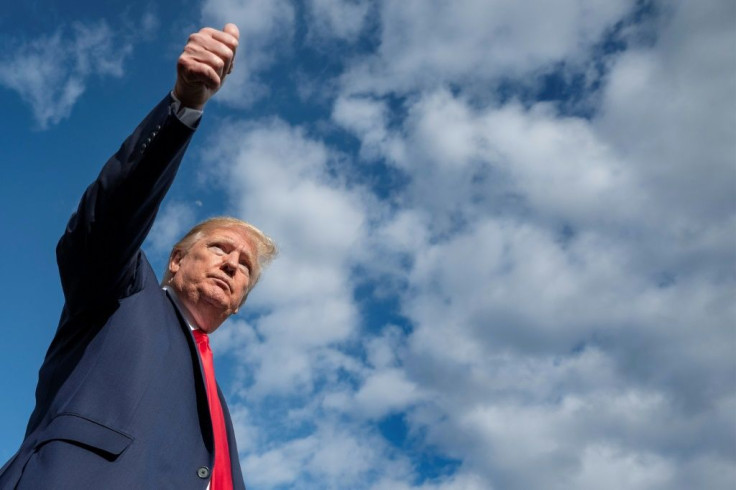
"The threat is apparently on the rise," Moscow Mayor Sergei Sobyanin, said on his blog earlier Saturday.
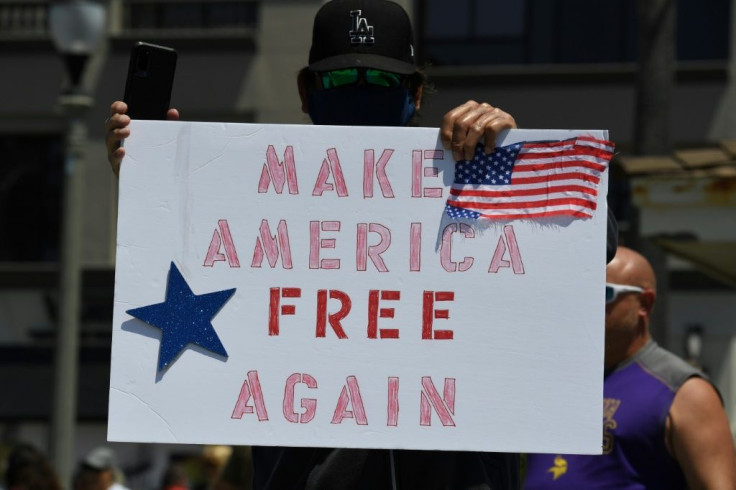
More than 3.3 million cases of infection have been officially diagnosed in 195 countries, including 1.5 million in Europe alone. That number is likely only a fraction of true cases as testing is still limited.
The United States has the most deaths with more than 65,000, followed by Italy with 28,236, the United Kingdom with 27,510, Spain with 25,100 deaths and France with 24,594 fatalities.
US President Donald Trump on Friday announced that Remdesivir, an antiviral drug initially developed to treat Ebola, was given the green light for use after a major trial found that it boosted recovery in serious COVID-19 patients.
"It's really a very promising situation," Trump said on Friday at the White House.
The drug incorporates itself into the virus's genome, short-circuiting its replication process.
Its approval came as the US leaders struggled with growing pressure from citizens wearying of stay-at-home orders.
Trump is keen for a turnaround as the world's largest economy reels with tens of millions left jobless.
Texas became the largest US state yet to ease curbs, while anti-lockdown demonstrations were held in several states -- including California, where officials had re-closed beaches beginning Friday to avoid a repeat of last weekend when crowds flocked to the shoreline.
In Huntington Beach, about 35 miles (55 kilometers) south of Los Angeles, several thousand people rallied to denounce the shutdown order.
"Open California!" chanted protesters near the closed beaches, carrying signs that read "All jobs are essential" or "Freedom is essential".
In Asia, India announced that the lockdown on its 1.3 billion people -- the world's biggest -- would continue for two more weeks from May 4.
In Singapore, the government said Saturday that pet food stores and hair salons will be allowed to reopen on May 12.
Most of the city-state's infections have been detected at dormitories housing migrant workers, and their confinement was extended to June 1.
Hong Kong recorded zero confirmed case of coronavirus on Saturday, for the sixth day within a week.
The city's social distancing regulations including limits on gathering of more than four people are due to expire on May 7. Authorities have not decided whether to extend them.
The city's chief executive has said that civil servants will return to work in the office starting from May 4.
During the long weekend with public holidays to celebrate Buddha's birthday and Labour Day, residents flocked to country parks and the city's outlying islands to get some fresh air.
Shops and restaurants started to resume business in normal opening hours with more consumers going out to streets and shopping malls.
May Day on Friday carried extra significance this year because of the staggering number of people put out of work by the pandemic with the global economy in a tailspin.
© Copyright AFP 2024. All rights reserved.





















